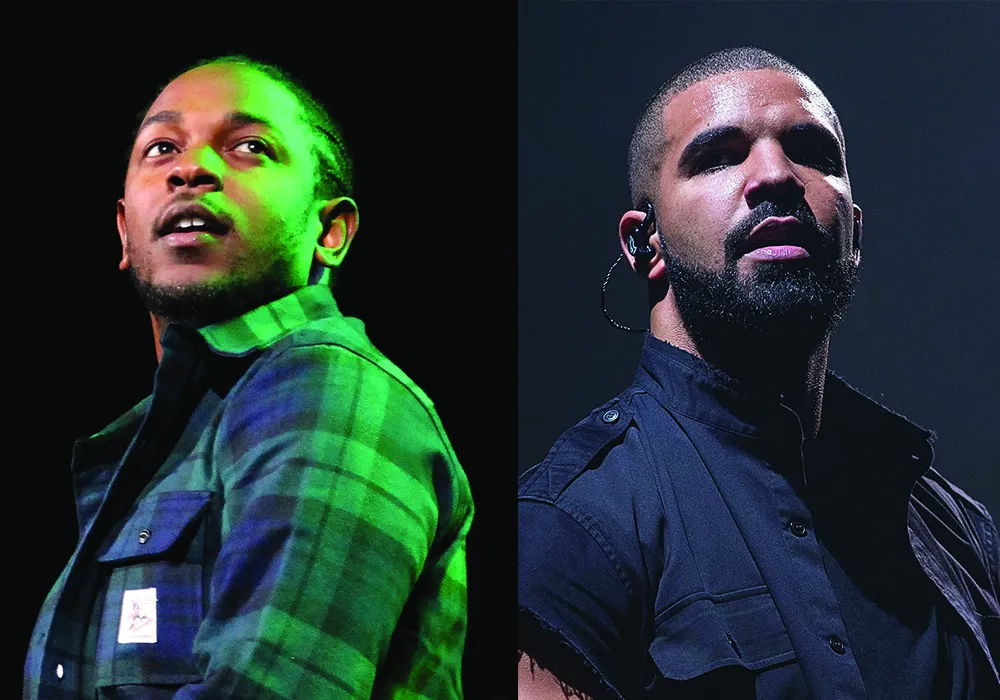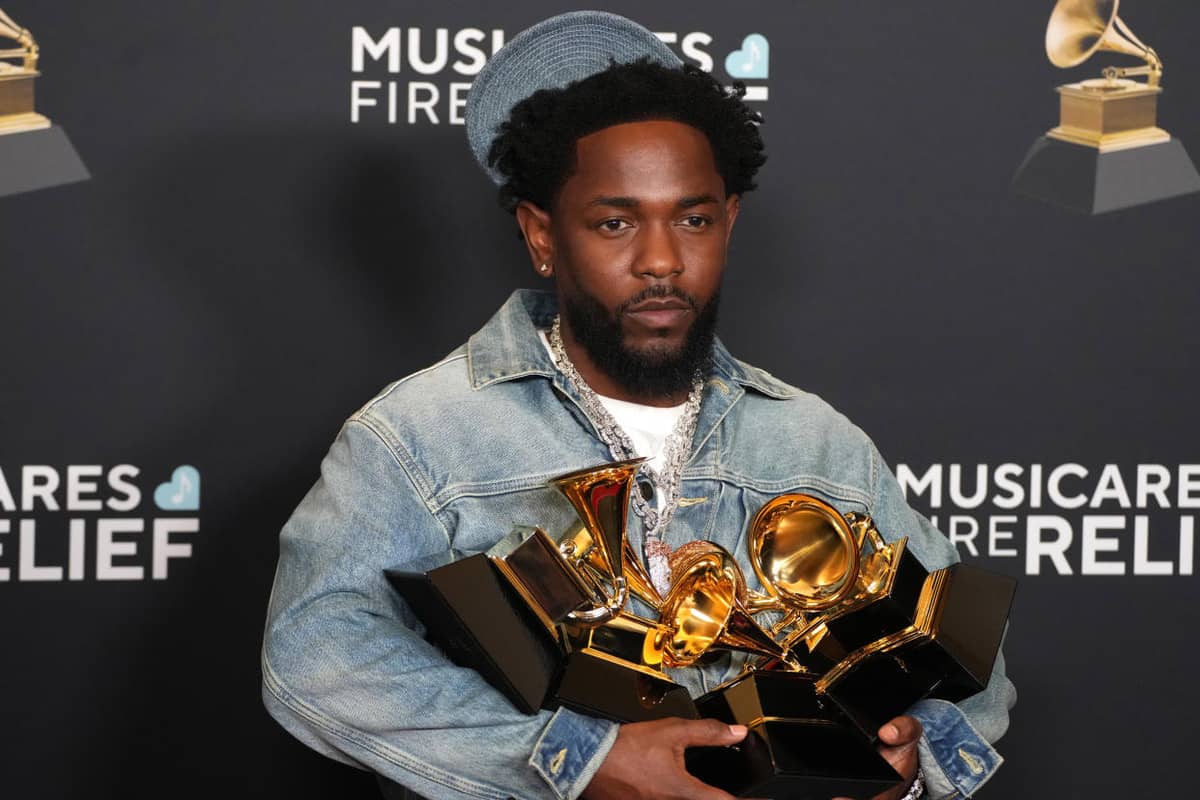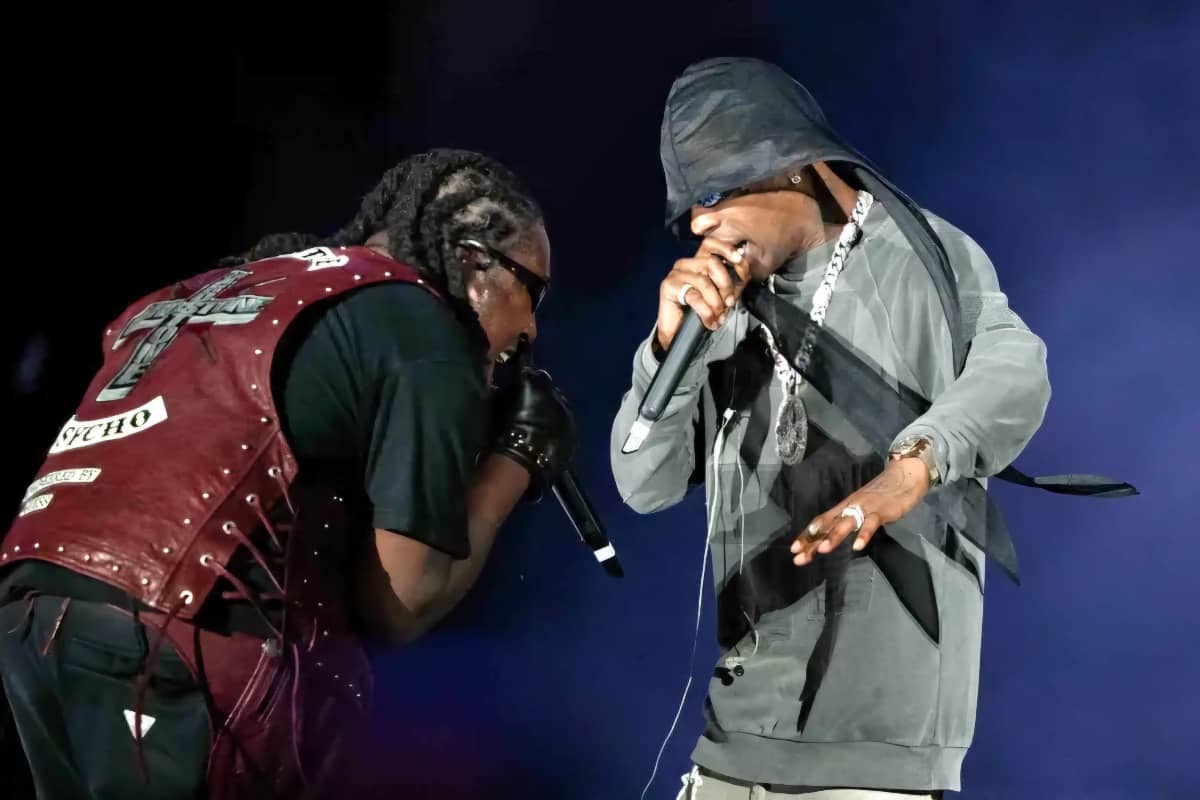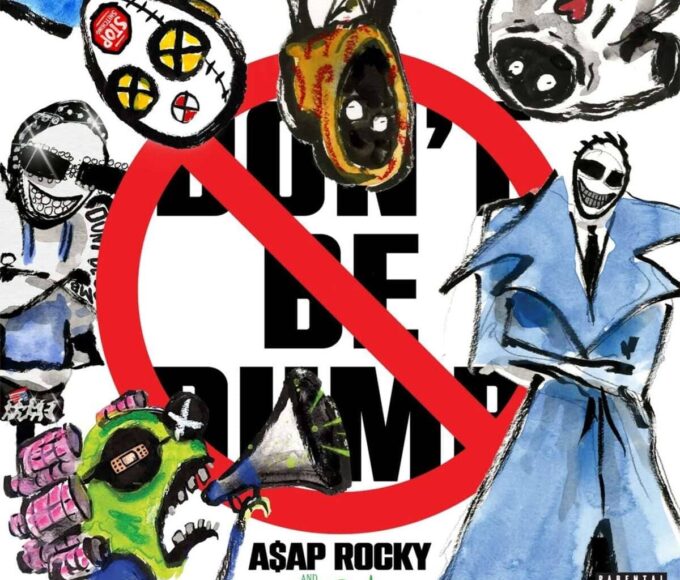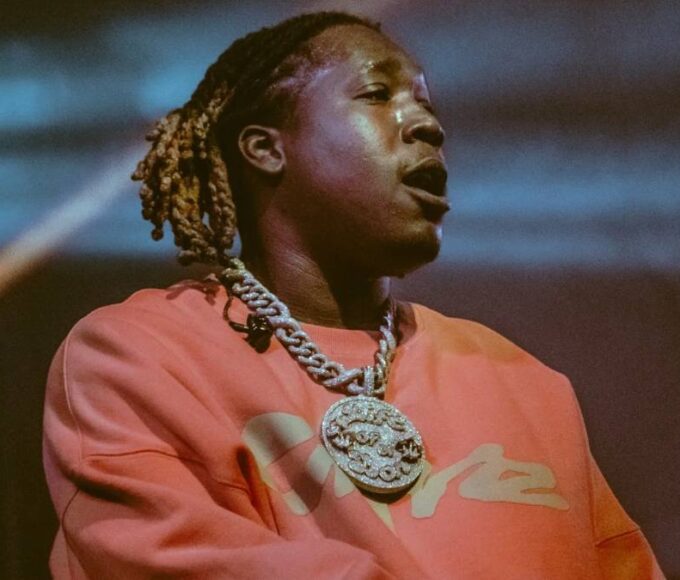Kendrick Lamar’s diss track Not Like Us marked the height of his public feud with Drake, which has evolved into a viral sensation.
The track debuted at No. 1 on the Billboard charts, overshadowing Drake’s dominance and solidifying Lamar’s position as the winner of their battle. It quickly became a staple in global nightlife, with fans rapping every line in clubs around the world.
But beyond the cultural stakes, the beef has also shed light on the deeper business dynamics within the music industry.
Drake’s frustration comes not just from Lamar’s lyrical blow but from the subsequent success of Not Like Us, which set new streaming records on platforms like Spotify.
As Lamar has risen in popularity, particularly within their shared parent company, Universal Music Group (UMG), Drake’s once-secure position now seems more fragile. He had boasted of his superior deal and commercial clout in the past, but Lamar’s rise challenges the power dynamics within hip-hop.
Nels Abbey, a commentator on hip-hop’s business side, explains that the rap industry has historically been monopolistic, with major labels exerting heavy influence over artists’ careers.
The rivalry between Lamar and Drake isn’t just a clash of musical styles, but also a fight for market share in the highly competitive hip-hop space, where personal stakes often bleed into business competition. This culture of rivalry, from Biggie vs. Tupac to Eazy-E vs. Dr. Dre, has shaped the music industry, and the current battle is no different.
The beef takes an even more interesting turn with Drake’s legal action. He claims that UMG and Spotify conspired to inflate streams for Lamar’s Not Like Us while suppressing his own tracks. He also accuses Lamar’s lyrics of defamation, linking him to allegations of child sexual abuse.
While Drake’s move to litigation has drawn criticism, it raises serious questions about the role of record labels in influencing not just artistic direction but the financial and reputational outcomes of their artists.
Ultimately, the feud between Drake and Lamar is a testament to how much the business of hip-hop has evolved from its independent roots to being dominated by massive conglomerates. Whether Lamar has destroyed Drake’s career or simply leveled the playing field is still unclear.
What’s evident is that, in the rap industry, the competition is not only about lyrics but about the power of money, streams, and label politics.


